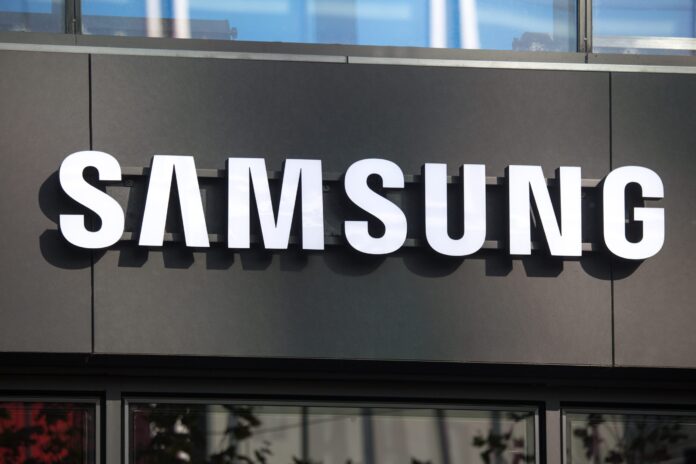NTT Docomo had selected Samsung Electronics as its 5G network solutions provider in March 2021
Korean vendor Samsung Electronics recently announced that it is supplying a variety of 5G radios to support Japanese telco NTT Docomo’s Open Radio Access Network (O-RAN) expansion.
Under the terms of the deal, Samsung will provide a range of Open RAN-compliant 5G radios covering all of the Time Division Duplex (TDD) spectrum bands held by the Japanese operator.
In March 2021, NTT Docomo had selected Samsung Electronics as its 5G network solutions provider. With this new agreement, Samsung now adds new radios — including 3.7 GHz, 4.5 GHz and 28 GHz — to its existing 3.4 GHz radio support for NTT Docomo.
The two companies have also been testing the interoperability of these new radios with basebands from various vendors in NTT Docomo’s commercial network environment.
“We have been collaborating with Samsung since the beginning of 5G and through our O-RAN expansion, and we are excited to continue extending our scope of vision together,” said Masafumi Masuda, VP and general manager of the Radio Access Network Development Department at NTT Docomo. “Solidifying our global leadership, we will continue to build momentum around our O-RAN innovation and to provide highly scalable and flexible networks to respond quickly to the evolving demands of our customers.”
“Japan is home to one of the world’s most densely populated areas with numerous skyscrapers and complex infrastructure. Samsung’s 5G radios portfolio meets the demands of low-footprint, low-weight solutions, while also ensuring reliable service quality,” said Satoshi Iwao, VP and head of network division at Samsung Electronics Japan.
Samsung noted its new 28 GHz Radio Unit (RU) weighs less than 4.5 kg and features a light and compact form factor with very low power consumption, enabling flexible deployments in various scenarios.
In October, NTT Docomo and U.K. telecom group Vodafone had reached an agreement with the aim of cooperating to bring the benefits of O-RAN for operators and vendors globally.
As part of the memorandum of understanding, both parties will cooperate to harmonize mobile operator system integration and test processes including testing criteria and experiences to create common test scripts, a series of software instructions needed to conduct a test.
The companies explained that a uniform approach to testing will mean that vendors can avoid repetition when dealing with multiple operators, saving them time, capital outlays, and resources. The cooperation will be performed by exchanging the respective expertise and technologies between the parties.
The carriers also highlighted that smaller suppliers and startups will particularly benefit by avoiding costly duplicate testing with multiple operators.
Under the terms of the agreement, Vodafone and NTT Docomo also aim to maximize the benefits of the service management orchestrator – a component of the Open RAN network operation support system – and the RAN intelligent controller platform (SMO/RIC).
The two companies have also agreed to look to remotely connect their lab capabilities, which will complement Vodafone’s O-RAN facility in the U.K. and NTT DoCoMo’s lab in Japan.

